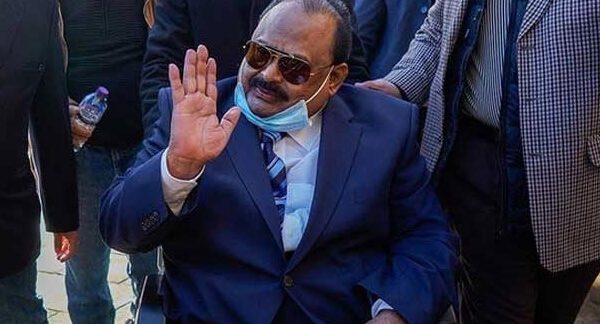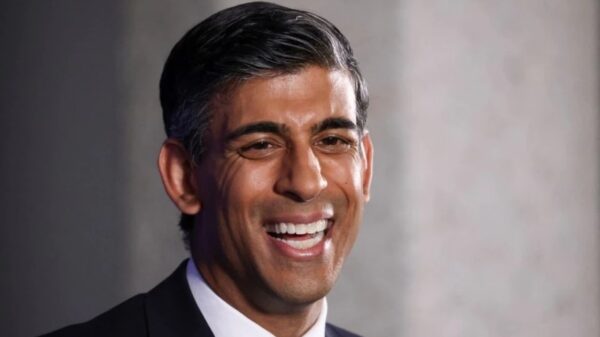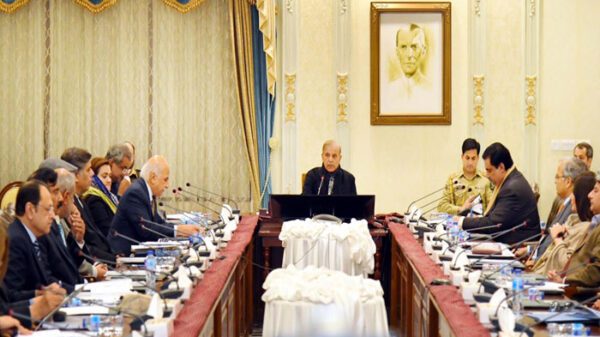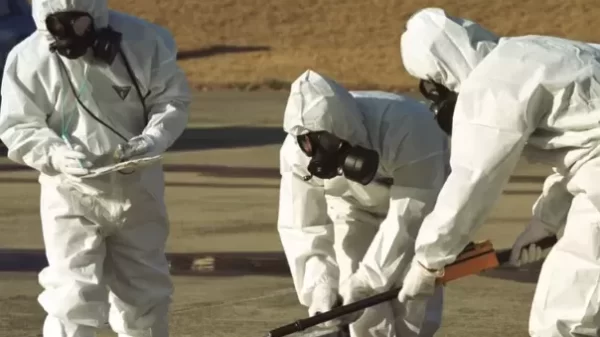Nepal: Why Dalit and women candidates are not available for CM in the states
The selection of Chief Ministers in seven states of Nepal has come under controversy. Six of the newly elected chief ministers are from the Khas-Arya and one from the Madhesi community.
It is being said that the participation of all communities was not taken into consideration in the election of Chief Ministers and it is not inclusive.
On this controversy, a leader of the ruling party said that the seniority of the parties was made the basis of appointment, due to which such a situation arose.
Prithvi Subba Gurung, deputy general secretary of CPN UML and former Chief Minister, says that in a diverse country like Nepal, it would have been more appropriate to make the appointment of the Chief Minister inclusive.
An expert who keeps a close eye on politics told the BBC that in many states the dominance of one class is visible in the election of chief ministers.
Questions raised on the appointment of the Chief Minister
CPN-UML in four states, Maoist Center in two and Janata Samajwadi Party-led government in one state.
Hikmat Karki of UML in province one, Saroj Yadav of Jaspa in Madhes province, Shalikram Jamkatel of Maoist Center in Bagmati province and Khagraj Adhikari of UML in Gandaki province have become the chief ministers.
Similarly, Leela Karki of UML in Lumbini province, Rajkumar Sharma of Maoist Center in Karnali and Rajendra Rawal of UML in Far West province have become the chief ministers.
But questions are being raised that not a single woman, tribal or Dalit community person has been made the Chief Minister.
Indra Adhikari, a political commentator, quipped on Twitter, “Happy Men’s Day.” “There is strength in unity.”
Political analyst Rajendra Maharjan says that this also shows that those holding power are getting a chance in key bodies of the state including the Chief Minister.
He says, “I don’t think this is anything new because the dominance of one class, one caste, one community or one gender is still visible in many ways in the state, in parties or in institutions.”
result of central intervention
Maharjan said that the rights have been limited and some issues have been left out in the reorganization of the state.
He said, “The Chief Minister is so controlled that they do not even allow him to speak Chinese. Right from giving tickets to choosing the Chief Minister, the Center has full control.”
The elected representatives, he says, have been rendered ‘toothless’, adding that “the chief minister is not in a position to politically oppose or express his own views on what the party headquarters or key people issue.”
She said that Nepal’s Dalit, women’s and tribal movements are heavily controlled by parties and because of this, it is difficult for them to take initiative.
He says, “He can be removed from the post or he can be demoted at any time, this cannot be curbed until the bad working style of the party leadership is changed.”
What do the leaders of the ruling coalition parties say?
Prithvi Subba Gurung, deputy general secretary of the CPN-UML, the party that appointed chief ministers in four provinces, told the BBC: “This was the decision taken by the party. We based it on seniority and those who were elected were senior. So this is true.” is that it is not inclusive.”
According to him, although there is no such principle that the appointment of chief ministers should be inclusive, but “in a diverse country like Nepal, we should have seen their merits and given preference, which we could not give.”
It is also being said that in some provinces the Chief Ministers will be changed under rotation during the tenure of the next five years.
But it is not clear whether the questions raised on being inclusive will be taken into account.
Even before this, no government in the provinces lasted for five years and when there was a change, no preference was given to Dalits, tribals, women of any place.
Gurung argues that women cannot be elected as the Chief Minister of the state because no one will stand in the election claiming to be the Chief Minister.
She said, “Practically speaking, no one will stand up to this pressure, no woman will come forward to say that she will stand for election and even within the party, no one will pay attention, because she looks weak.” And comes in the lower ranks. In such a situation, the party will not be of any benefit.”
Gurung said that ‘mere inclusion of names will not yield results, but an environment has to be created in which women, Dalits and tribal communities get tickets and can contest elections’.
What will the structure of the provinces look like in five years?
But political analyst Maharjan says that something can be said about the future of the provinces only on the basis of their will to fight against the leadership standing against the federal structure.
He said, “Looking at the Madhes province, we had to fight with our own party and the central government. Given the mindset of our administration, there is little chance of challenging it.”
Referring to growing opposition to the federal structure, he said that only the strength and movement to challenge it can suddenly change this situation.
The Provincial Assembly has been elected for the second time since the promulgation of the Constitution by the Constituent Assembly.
So far, no woman Chief Minister has been appointed in any province and the name of one province has not even been decided.








